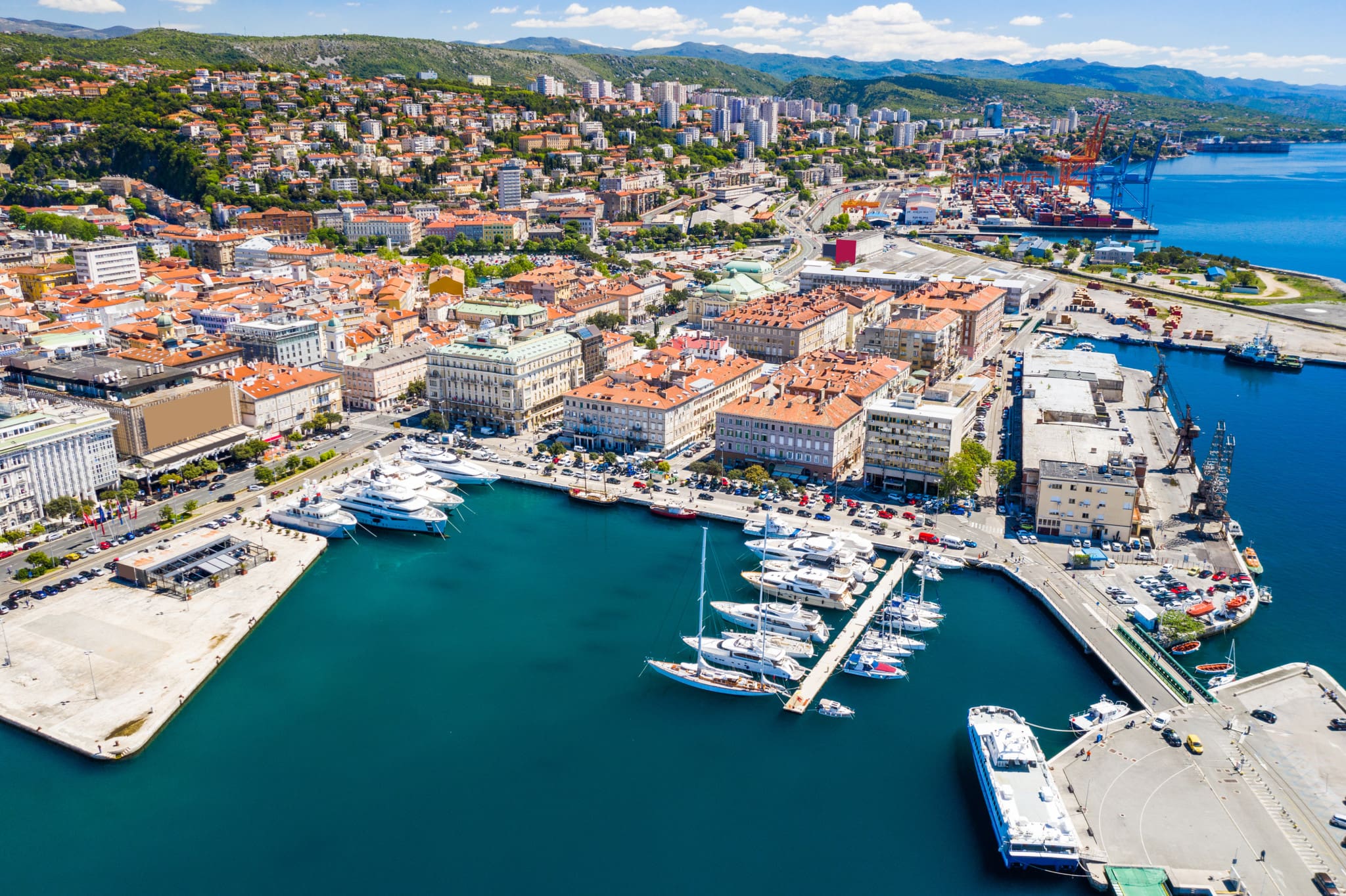Hungary’s ambassador to neighboring Croatia was summoned to the foreign ministry in Zagreb to signal the Croatian government’s displeasure over Hungarian Prime Minister Viktor Orbán’s remarks in an interview about territory Hungary lost to Croatia after World War I.
Speaking on national channel Kossuth Rádió on Friday, Orbán discussed Hungary’s impending energy crisis due to the European Union’s planned embargo on Russian oil and gas.
In the interview, Orbán called the EU oil embargo on Russia unacceptable, stating that it would amount to an “atomic bomb dropped on the Hungarian economy” given that the gas was coming to Hungary from Russia via a gas pipeline, as Hungary has no maritime transport capacity.
“Of course, those who have the sea and seaports can transport oil from anywhere in the world on ships, but there are countries that do not have the seas, we would have if they had not been taken away, but they do not exist at the moment,” the Hungarian prime minister told the channel. “Any kind of oil can only come through a pipeline, one half of the pipeline is in Russia, and the other is in Hungary,” Orbán added.
The Croatian foreign ministry subsequently released a statement condemning the comment, explaining that such statements unnecessarily undermine good relations between the two countries.
“Croatia condemns statement by the Hungarian prime minister,” the Croatian foreign ministry statement read. “We condemn all territorial claims against neighboring states”.
Orbán had been referring to the Croatian port of Rijeka, which, until the Trianon peace treaty at the end of World War I, was part of the Austro-Hungarian empire.
Hungary lost 72 percent of its territory following the end of the war, by far the most of any nation. Many ethnic Hungarians continue to reside in the lands that were once formerly part of Hungary, including in present day Ukraine, Romania, Croatia, Slovakia, Czechia, and Austria.






